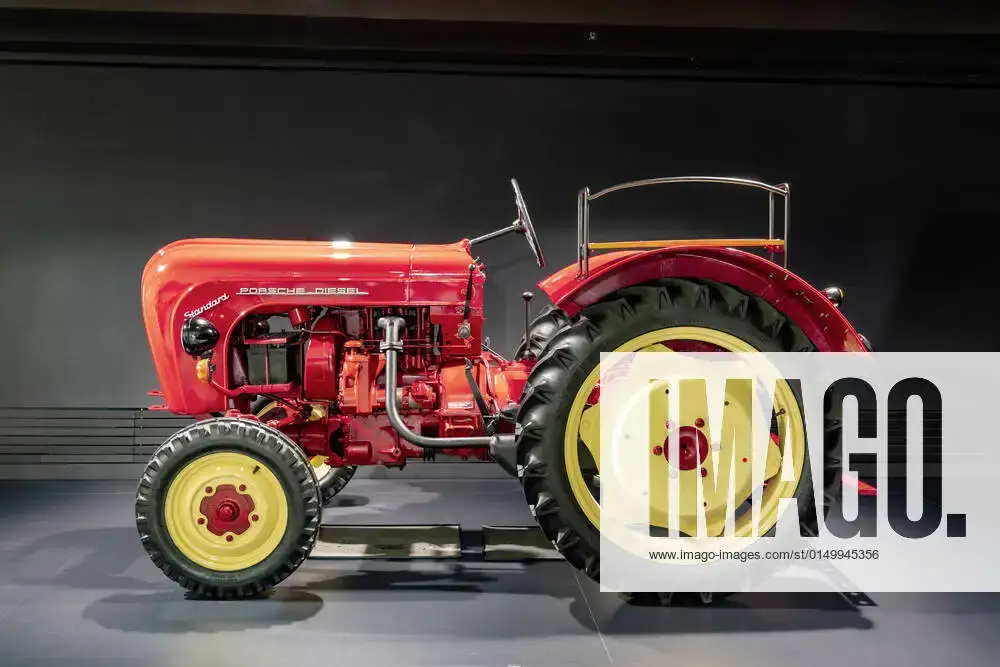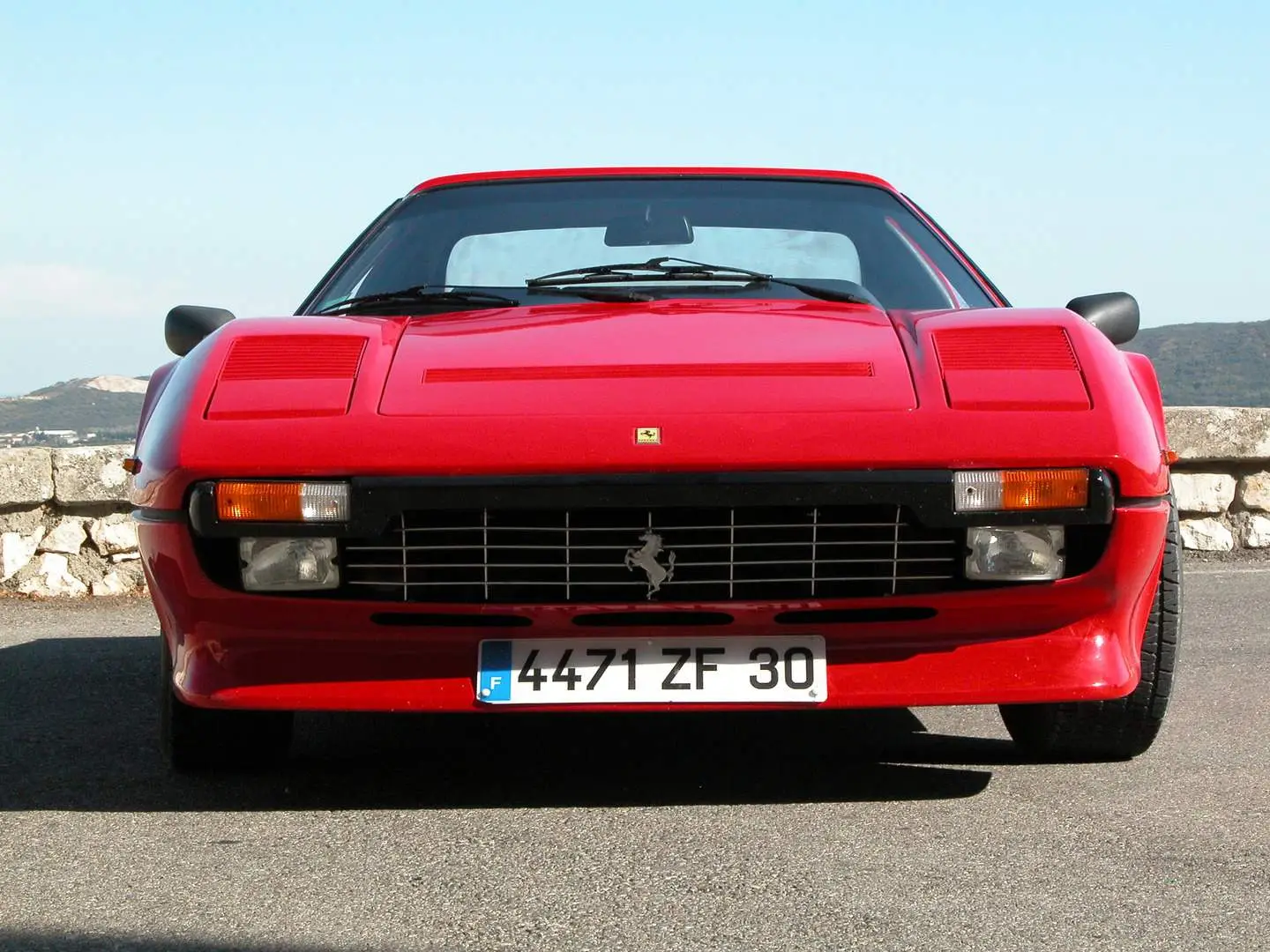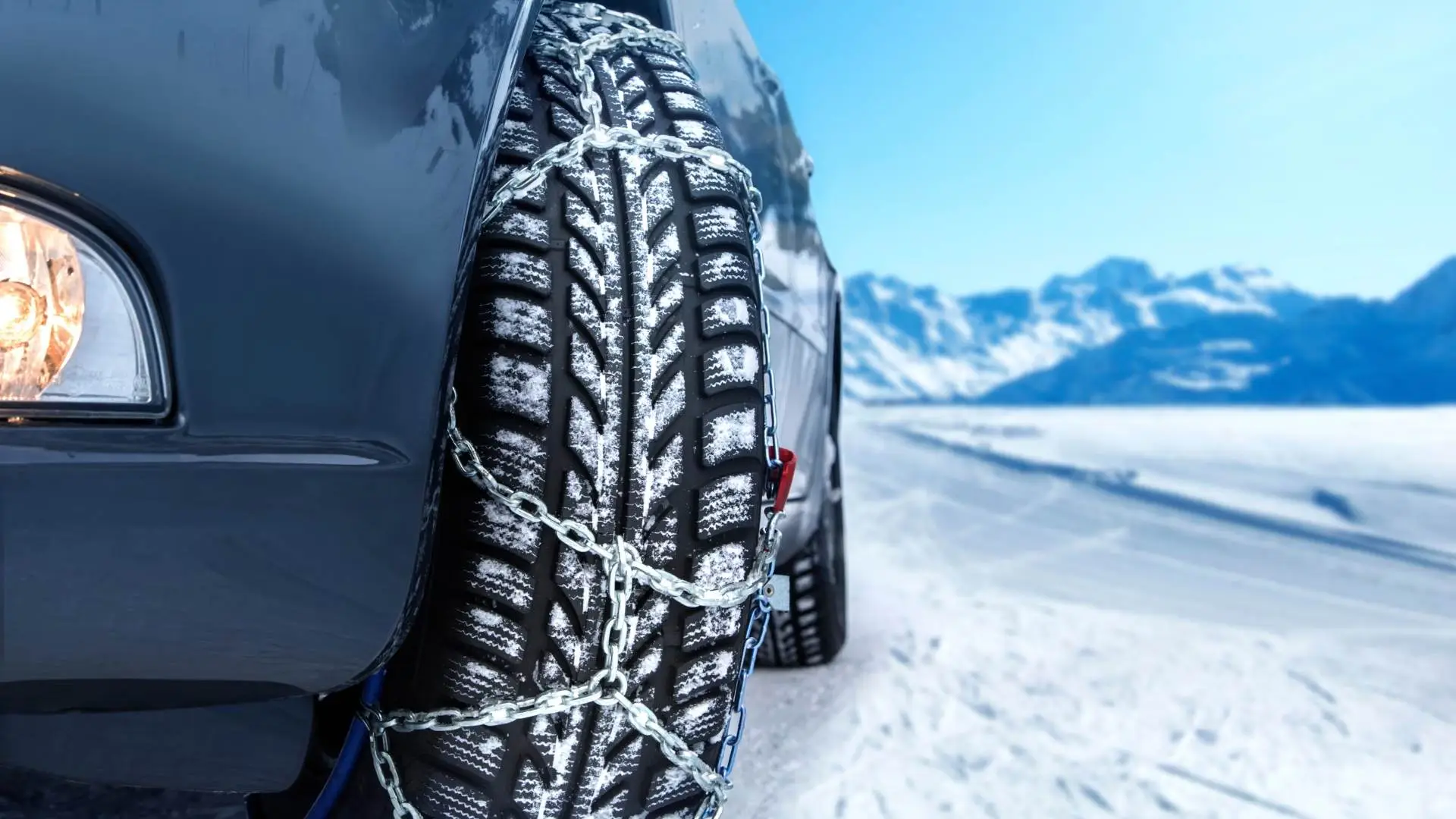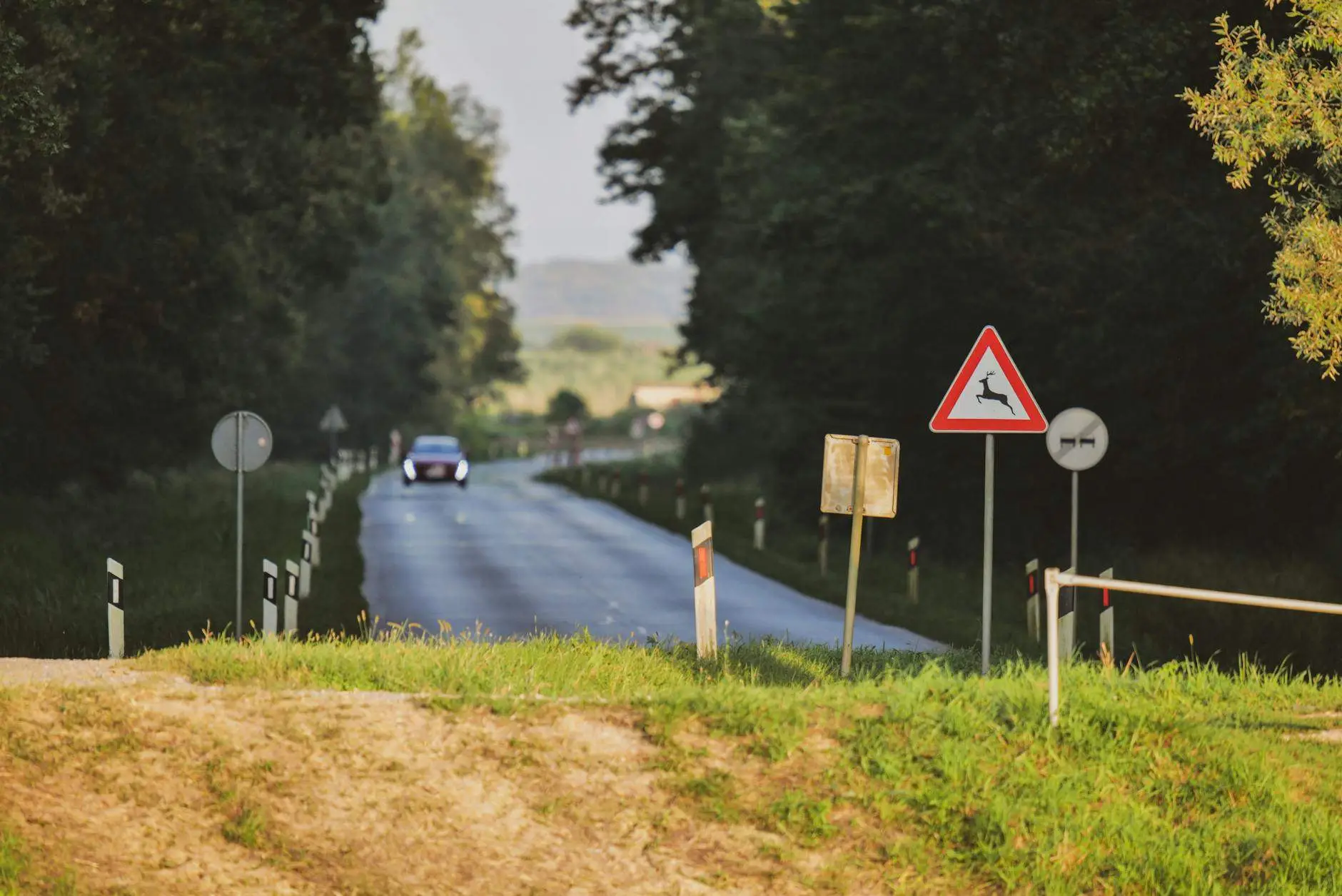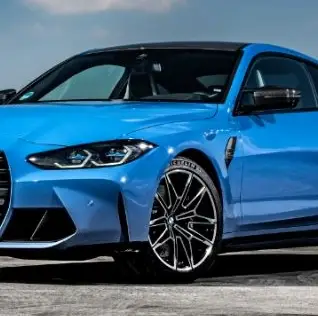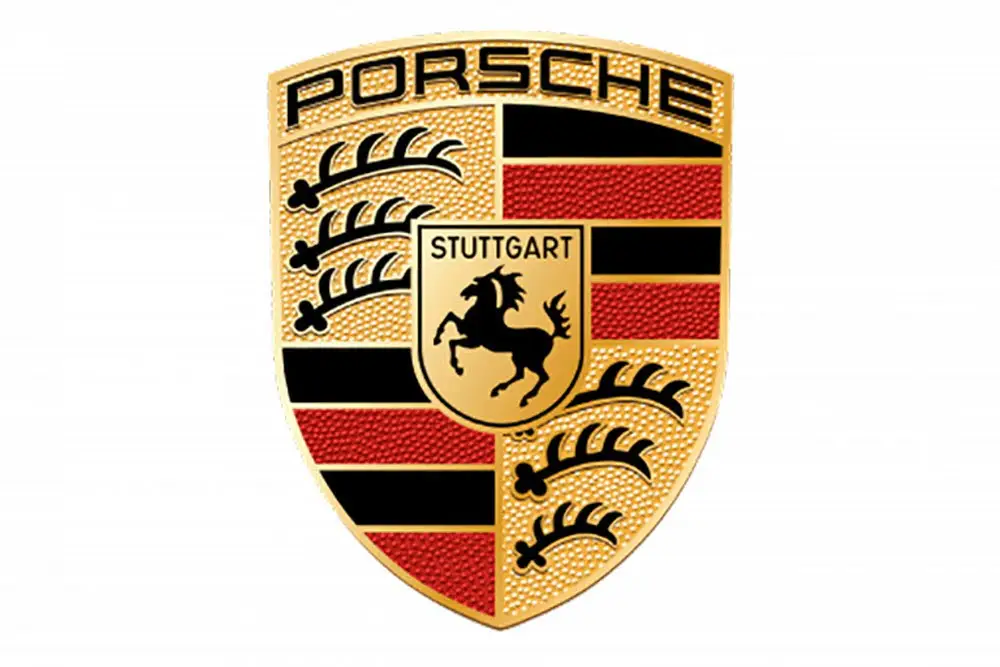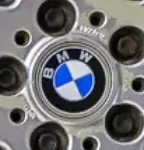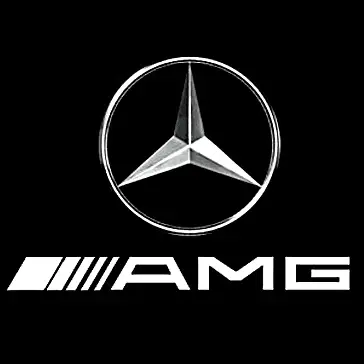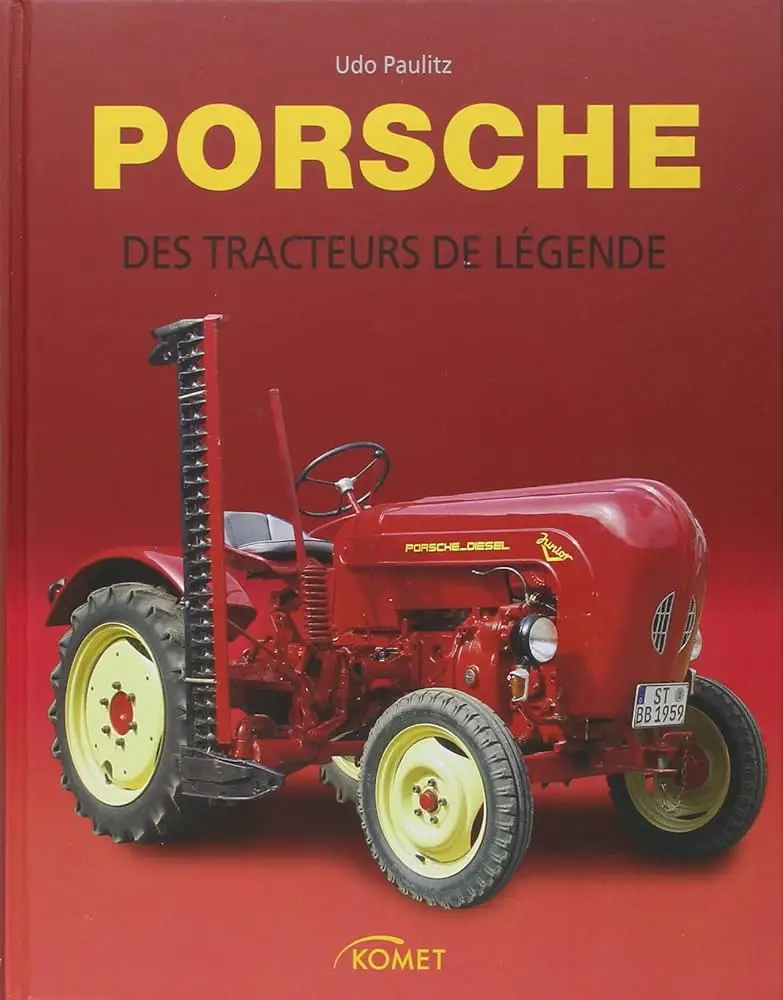
Tracteur Porsche, par Porsche-Diesel : Un peu d'histoire
Bienvenue dans le monde fascinant des tracteur créés par Porsche-Diesel ! Si vous êtes passionné par l’agriculture et l’histoire de l’automobile, vous êtes au bon endroit. Laissez-nous vous emmener dans un voyage à travers le temps, où le génie de Porsche s’est étendu au-delà des routes pour révolutionner le travail agricole.
Ferdinand Porsche avait toujours montré un vif intérêt pour le matériel agricole. C’était l’une de ses premières passions à une époque où l’agriculture dominait encore en Europe : il envisageait alors de concevoir un engin capable de remplacer les chevaux et les bœufs. Son tout premier “tracteur” était en réalité un tracteur d’artillerie en 1914.
L’histoire du tracteur Porsche-Diesel remonte aux années 1950, lorsque Ferdinand Porsche (fan de tracteur), le génie derrière la célèbre marque de voitures de sport, a élargi son horizon vers le monde de l’agriculture. En collaboration avec la société allemande Allgaier GmbH, Porsche a commencé à concevoir des tracteurs innovants qui reflétaient la qualité et la performance associées à la marque.
Ce qui rend le tracteur Porsche-Diesel si unique, c’est son mariage parfait entre la sophistication automobile et la robustesse agricole. Doté d’un moteur diesel fiable et puissant, chaque tracteur était conçu pour offrir des performances exceptionnelles sur le terrain tout en conservant une esthétique élégante et distinctive. Son design rouge vif est devenu emblématique, capturant l’attention sur tous les champs.
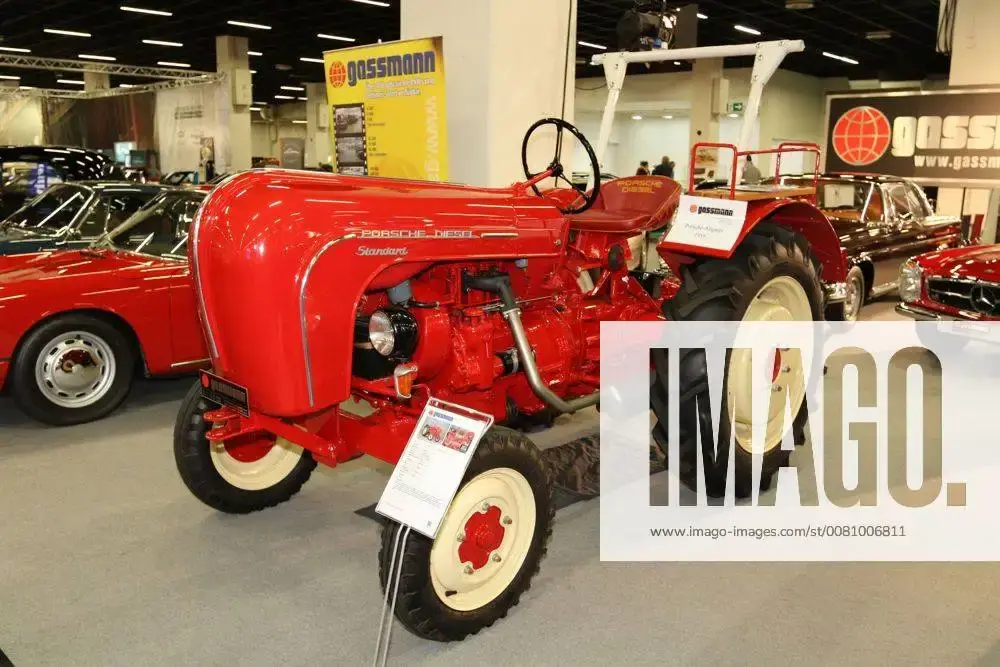
Quels sont les modèles de Tracteur Porsche les plus connus ?
L’univers des tracteurs Porsche est riche en diversité, avec une gamme de modèles qui ont marqué l’histoire de l’agriculture et de l’industrie automobile. De la conception innovante à la puissance robuste, chaque modèle incarne l’excellence et l’ingéniosité qui sont les marques de fabrique de la marque Porsche.
1. Porsche-Diesel Junior (1952-1960) :
Le Porsche-Diesel Junior est l’un des modèles les plus emblématiques de la gamme. Conçu pour les petites exploitations et les travaux légers, ce tracteur compact était équipé d’un moteur fiable et économique, offrant aux agriculteurs une solution pratique et efficace pour leurs besoins quotidiens.
2. Porsche-Diesel Standard (1956-1963) : polyvalent, robuste et puissant
3. Porsche-Diesel Super (1956-1963) : puissant et confortable
4. Porsche-Diesel Master (1956-1962) : haut de gamme, puissant, ergonomique
5. Porsche-Diesel Export (1959-1963) : fiable et conçu pour l’export
6. Porsche-Diesel Standard 218 (1958-1963) : Le Porsche-Diesel Standard 218 était une évolution du modèle Standard, offrant une puissance accrue et des fonctionnalités améliorées.
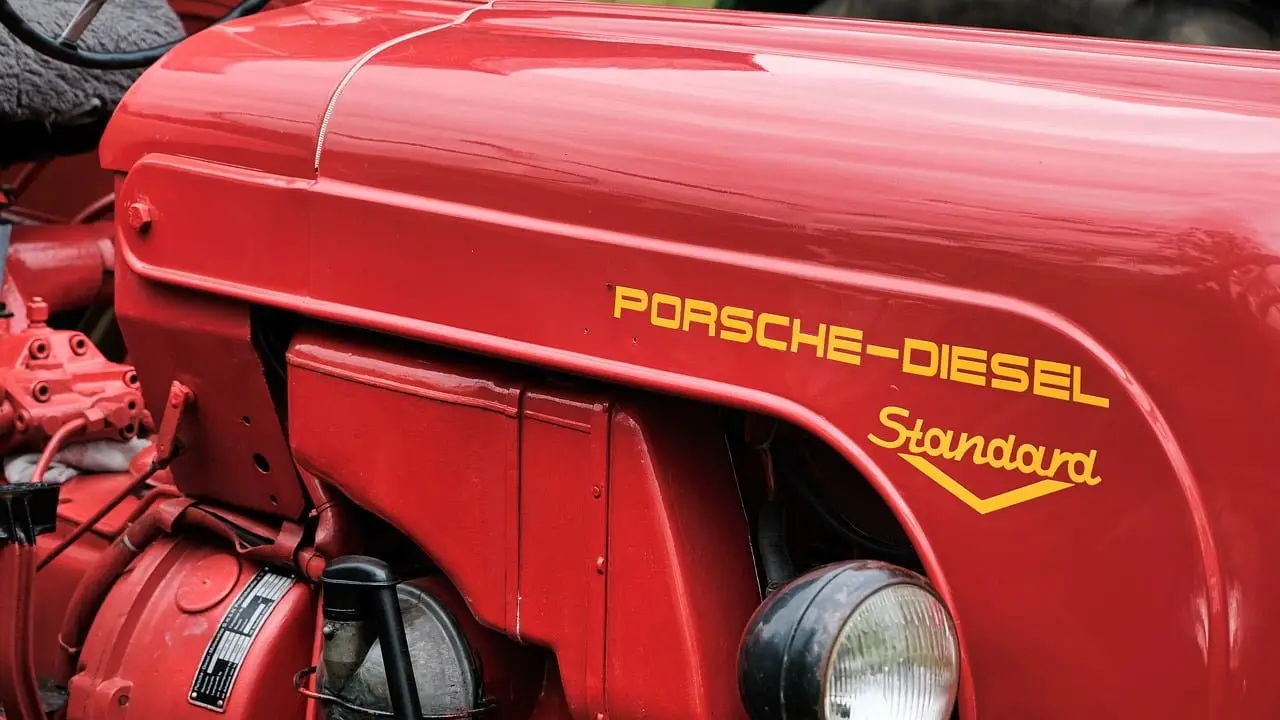
Côté innovation, ça donnait quoi à l'époque ?
Les tracteurs Porsche étaient équipés de moteurs de pointe, offrant une combinaison idéale de puissance (certes, loin d’une 991 GT3 RS), d’efficacité et de durabilité. Grâce à des technologies de combustion optimisées et à une conception de moteur innovante, ces tracteurs étaient capables de fournir des performances exceptionnelles tout en minimisant la consommation de carburant.
Transmission sophistiquée
Les tracteurs Porsche étaient dotés de transmissions avancées, offrant une sélection de vitesses fluide et précise pour s’adapter à une variété de tâches agricoles. Des boîtes de vitesses manuelles robustes aux transmissions hydrostatiques modernes, les tracteurs Porsche offraient une expérience de conduite supérieure et une efficacité accrue sur le terrain.
Confort ergonomique
Les tracteurs Porsche étaient conçus avec le confort de l’opérateur à l’esprit, offrant des cabines spacieuses et ergonomiques pour des longues heures de travail agricole. Des sièges réglables aux commandes intuitives, chaque détail était soigneusement pensé pour offrir une expérience de conduite agréable et sans effort.
Systèmes hydrauliques performants
Les tracteurs Porsche étaient équipés de systèmes hydrauliques performants, permettant aux agriculteurs d’utiliser une gamme d’accessoires et d’outils agricoles avec facilité et précision. Des chargeurs frontaux aux herses arrière, les tracteurs Porsche offraient une polyvalence exceptionnelle pour répondre aux besoins changeants des exploitations agricoles modernes.
Direction assistée
Certains modèles de tracteurs Porsche étaient équipés de systèmes de direction assistée, facilitant les manœuvres dans les champs et les espaces restreints, pour plus de maniabilité et précision.
L'impact de Porsche-Diesel sur l'agriculture européenne
L’introduction des tracteurs Porsche-Diesel a eu un impact significatif sur l’agriculture européenne. Voici quelques points clés à considérer :
Les tracteurs Porsche-Diesel ont contribué à la modernisation des pratiques agricoles en Europe. Leur puissance, leur efficacité et leur polyvalence ont permis aux agriculteurs d’accomplir les tâches agricoles de manière plus rapide et plus efficace, ce qui a entraîné une augmentation de la productivité.
Avant l’avènement des tracteurs, le travail agricole était principalement effectué à la main ou avec l’aide d’animaux de trait. Les tracteurs Porsche-Diesel ont permis de réduire la pénibilité du travail agricole, offrant aux agriculteurs un moyen plus confortable et moins épuisant de cultiver leurs terres.
Grâce à l’efficacité accrue des tracteurs Porsche-Diesel, de nombreuses exploitations agricoles ont pu étendre leurs activités et augmenter leur production. Cela a contribué à la croissance économique des zones rurales et à la sécurité alimentaire de la région.
Les tracteurs Porsche-Diesel ont rapidement gagné en popularité au-delà des frontières européennes. Leur réputation de qualité, de fiabilité et de performance les a rendus prisés sur les marchés internationaux, contribuant ainsi à l’expansion de l’entreprise et à son rayonnement mondial.
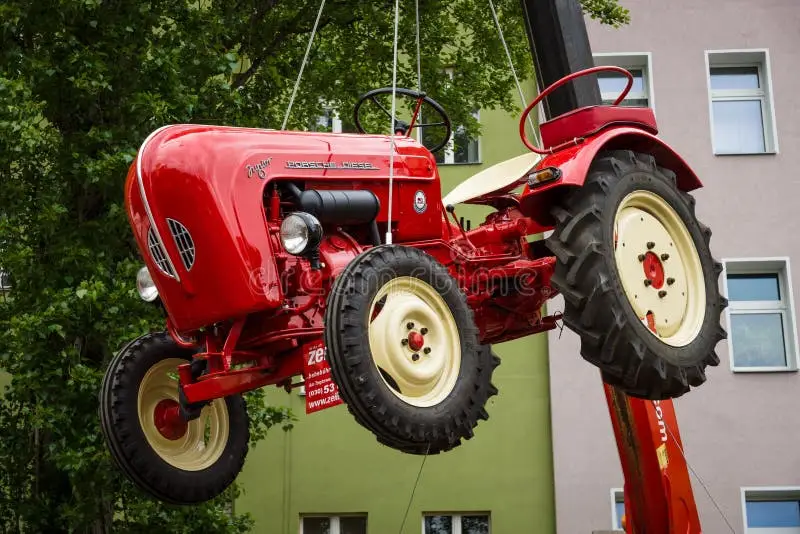
Pourquoi la marque de tracteur Porsche n'a pas subsisté ?
Malgré son impact significatif sur l’agriculture européenne, la marque Porsche-Diesel n’a pas perduré pour plusieurs raisons :
Au fil du temps, le marché des tracteurs agricoles a connu des changements importants, notamment l’introduction de nouvelles technologies et de nouveaux concurrents. La concurrence accrue a rendu difficile pour Porsche-Diesel de maintenir sa position sur le marché.
Les fluctuations économiques et les crises ont également eu un impact sur la viabilité économique de l’entreprise. Les périodes de récession ont souvent entraîné une baisse de la demande de nouveaux tracteurs, ce qui a mis à rude épreuve les finances de Porsche-Diesel.
En tant que fabricant automobile renommé, Porsche s’est diversifié dans d’autres domaines, ce qui a peut-être conduit à une allocation moins importante de ressources à sa division des tracteurs. Cette diversification a pu diluer l’attention et les investissements nécessaires pour maintenir la compétitivité de Porsche-Diesel sur le marché.
Les changements réglementaires en matière d’émissions et de sécurité des véhicules ont également posé des défis à l’industrie des tracteurs agricoles. Adapter les modèles existants aux nouvelles normes aurait pu représenter un défi financier et technique pour Porsche-Diesel.
En fin de compte, une combinaison de facteurs a contribué au déclin et à la disparition de la marque Porsche-Diesel. Malgré cela, son héritage perdure dans l’histoire de l’agriculture européenne et dans le cœur des passionnés de tracteurs et d’automobiles.
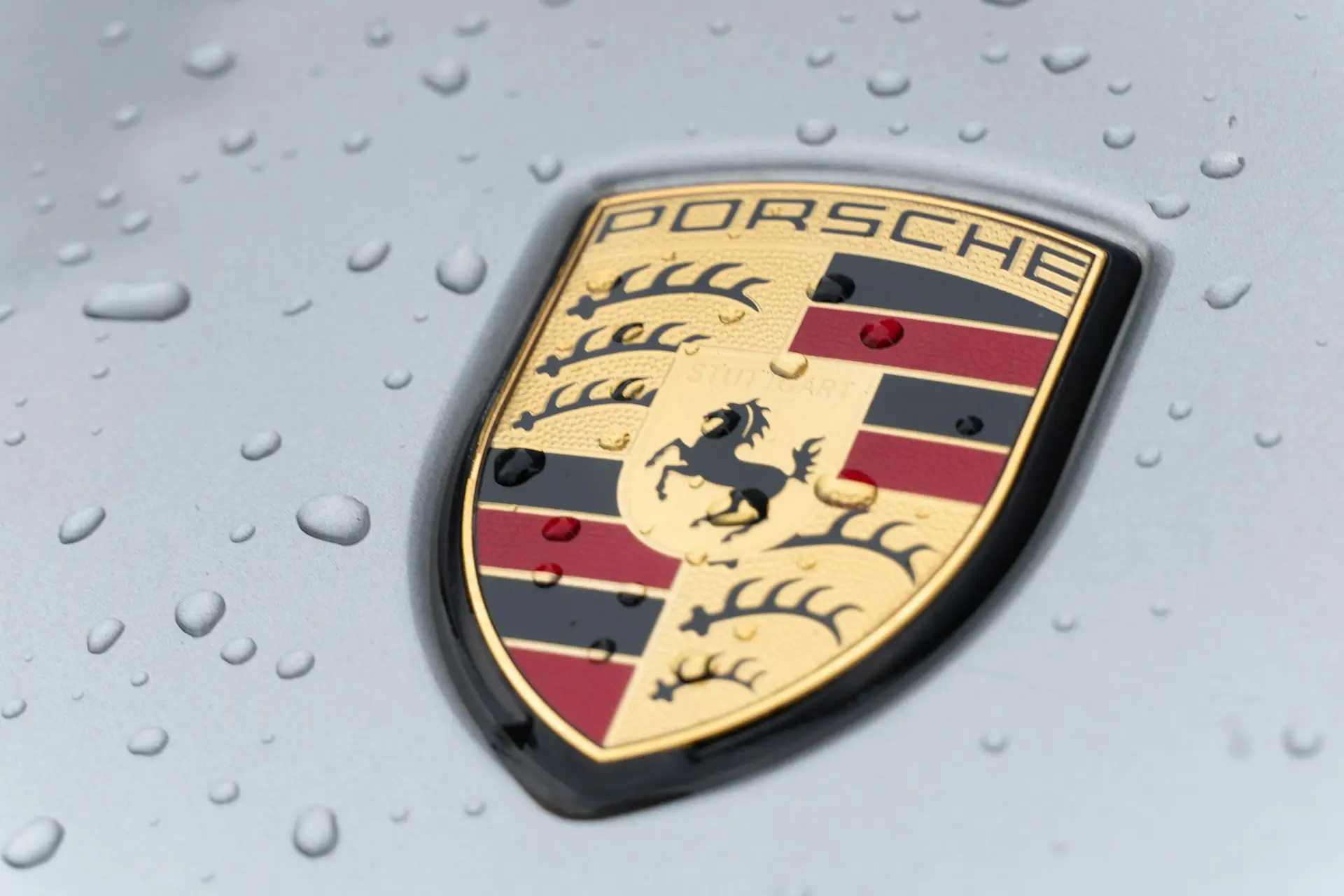
Où voir des tracteur Porsche ?
Même des décennies après leur fabrication, les tracteurs Porsche-Diesel continuent de captiver les collectionneurs et les amateurs d’histoire automobile. Leur rareté et leur valeur historique en font des objets de désir recherchés par les passionnés du monde entier. Des efforts considérables sont déployés pour restaurer et préserver ces joyaux mécaniques, garantissant ainsi que l’héritage de Porsche-Diesel perdure pour les générations futures.
Pour les passionnés d’agriculture, il existe plusieurs endroits où vous pouvez voir des tracteurs Porsche-Diesel :
Musées agricoles : De nombreux musées agricoles à travers l’Europe exposent des collections de tracteurs anciens, y compris des modèles Porsche-Diesel. Ces musées offrent une opportunité unique de découvrir l’histoire et l’évolution des tracteurs agricoles.
Expositions et foires : Les expositions agricoles et les foires rurales sont souvent l’occasion de voir des tracteurs anciens en action. Ces événements attirent souvent des collectionneurs et des passionnés qui exhibent fièrement leurs machines restaurées.
Rassemblements de passionnés : Les clubs et les associations de passionnés de tracteurs organisent régulièrement des rassemblements et des événements dédiés aux tracteurs anciens. C’est l’occasion idéale de rencontrer d’autres amateurs et d’échanger des anecdotes autour de ces machines emblématiques.
Ventes aux enchères : Les ventes aux enchères spécialisées dans les véhicules anciens peuvent également être un lieu où trouver des tracteurs Porsche-Diesel. C’est une opportunité unique d’acquérir une pièce de collection pour les amateurs et les collectionneurs.
Quels moteurs y a t-il dans un tracteur Porsche ?
Les tracteurs Porsche étaient équipés de divers moteurs conçus pour offrir puissance, fiabilité et efficacité sur le terrain.
Chiffres clés
- Les moteurs monocylindres avaient généralement une puissance allant de 10 à 20 chevaux, adaptée aux petites exploitations et aux tâches légères.
- Les moteurs bicylindres offraient une puissance comprise entre 15 et 40 chevaux, adaptée à une gamme plus large de travaux agricoles.
- Les moteurs à quatre cylindres pouvaient avoir une puissance allant jusqu’à 50 chevaux ou plus, idéaux pour les exploitations de grande taille et les travaux agricoles intensifs.
Que ce soit pour labourer les champs, transporter des récoltes ou effectuer des travaux de manutention, les moteurs Porsche étaient conçus pour répondre aux besoins des agriculteurs avec efficacité et performance.
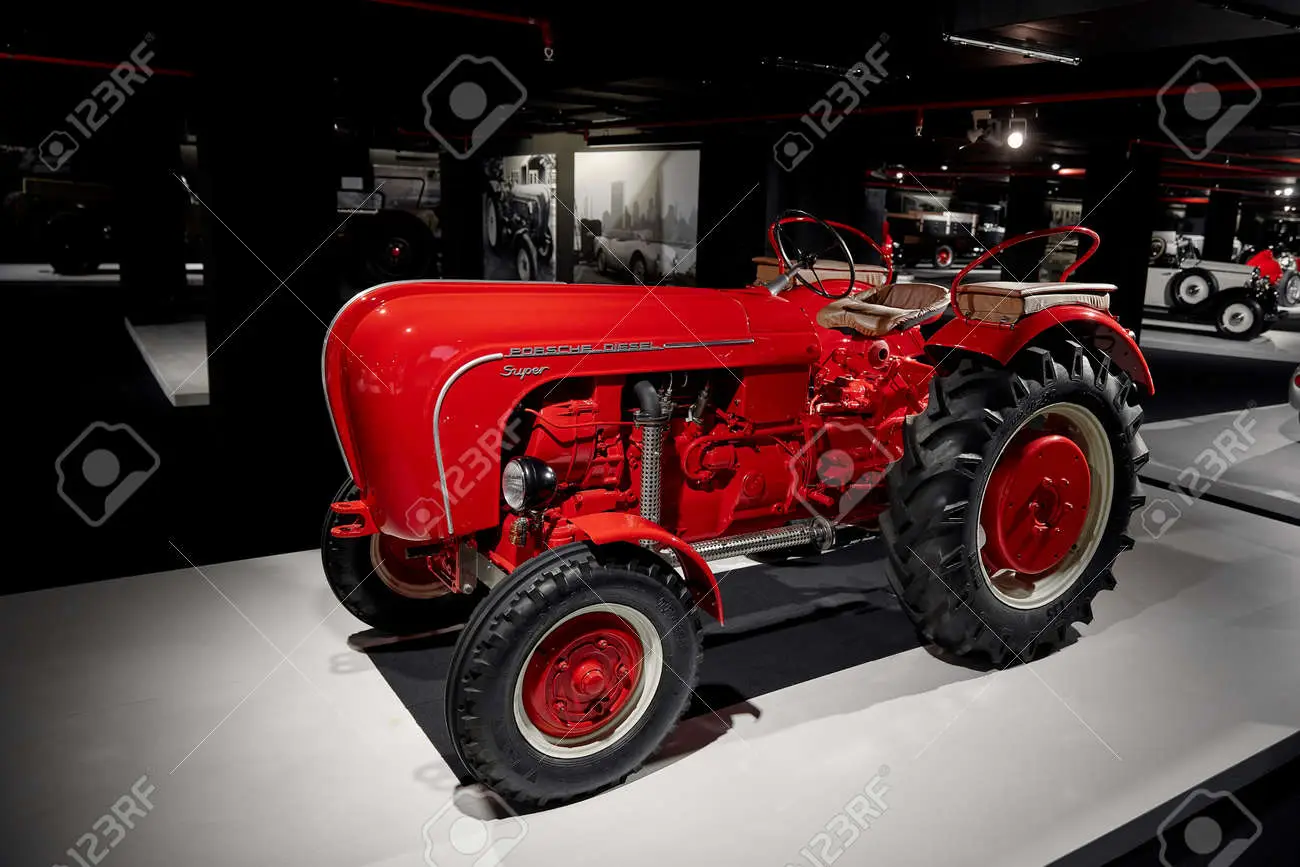
FAQ sur les tracteurs Porsche
Quelles sont les caractéristiques distinctives des tracteurs Porsche ?
Leur conception robuste et élégante, leur performance fiable sur le terrain, leur puissance de moteur variée et leur héritage de qualité et d’innovation.
Quels sont les points forts des Tracteurs Porsche ?
Leur fiabilité, leur polyvalence, leur confort d’utilisation, leurs performances exceptionnelles, ainsi que leur valeur historique et de collection.
Quels sont les points faibles des tracteurs Porsche ?
Parmi les points faibles des tracteurs Porsche, on peut citer leur coût potentiellement élevé d’entretien et de réparation, leur disponibilité limitée sur le marché des véhicules d’occasion, ainsi que le fait qu’ils peuvent parfois nécessiter des pièces de rechange spécifiques.
Quelle est la consommation moyenne d'un tracteur porsche ?
Il faut compter entre 3 et 5 litres de carburant par heure.
Quelle est la vitesse maximale d'un tracteur Porsche ?
La vitesse maximale d’un tracteur Porsche se situe entre 20 et 30 km/h.
Quel est l'entretien à suivre sur un tracteur Porsche ?
Rien de spécial : vidange d’huile régulière, remplacement des filtres à air et à carburant, vérification des niveaux de liquide de refroidissement et de lubrifiant.
Quel est le prix moyen d'un tracteur Porsche ?
Le prix moyen d’un tracteur Porsche varie en fonction de son modèle, de son état, de son année de fabrication et de ses caractéristiques spécifiques. Il y en a entre 3 000 et 150 000€ !
Pourquoi les tracteurs Porsche sont-ils rouges ?
C’est une décision de Porsche-Diesel, offrant ainsi une identité visuelle distinctive sur le marché.
Pourquoi Porsche a arrêté de faire des tracteurs ?
Porsche-Diesel a arrêté de fabriquer des tracteurs principalement en raison de la décision de se concentrer sur son activité principale de fabrication de voitures de sport, ainsi que des défis économiques et concurrentiels rencontrés dans le secteur des tracteurs agricoles.
Les tracteurs Porsche sont-ils encore adapté à un usage agricole d'aujourd'hui ?
Certains modèles peuvent encore être adaptés à un usage agricole, tandis que d’autres sont davantage recherchés par les collectionneurs et les passionnés.

